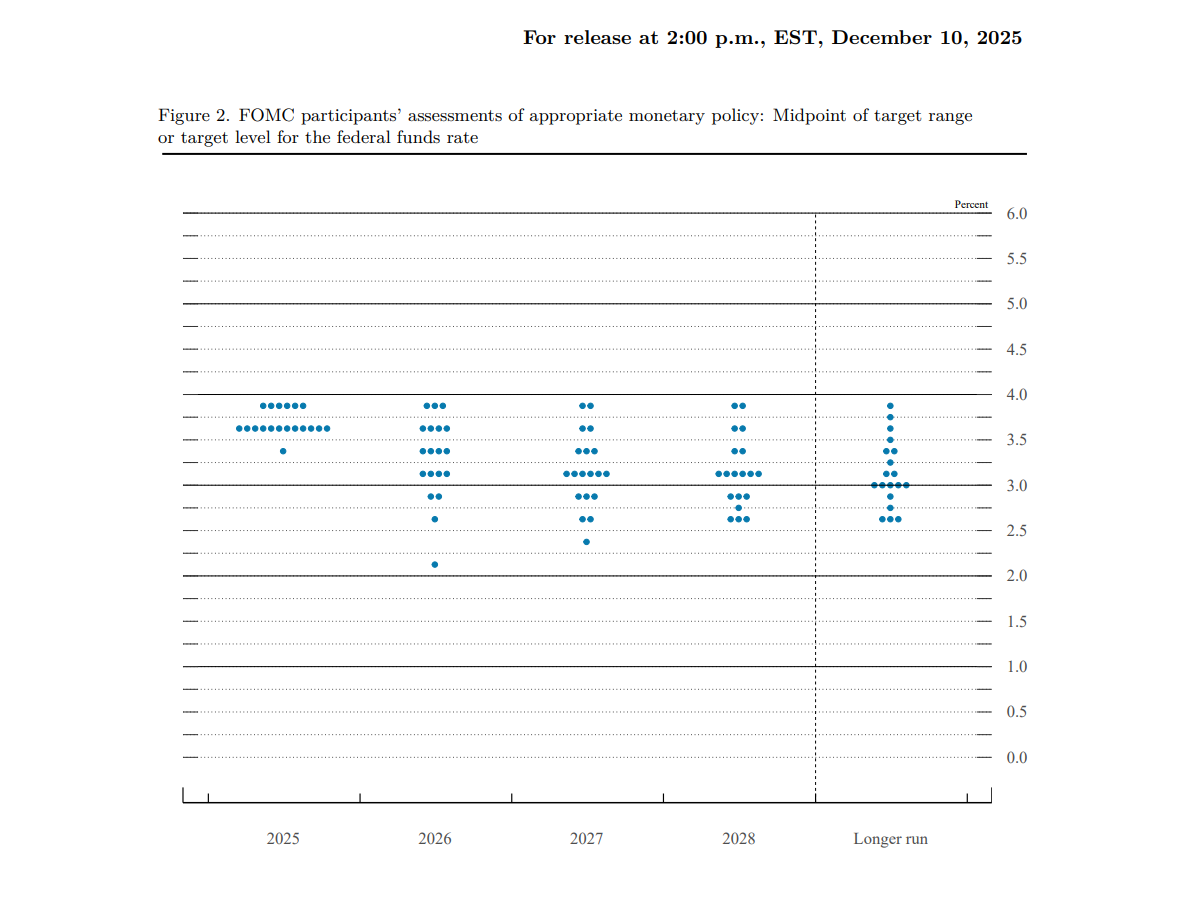Salesforce is relying heavily on artificial intelligence to run its operations, with CEO Marc Benioff confirming the tech is now doing 30% to 50% of the company’s total work.
Speaking with Bloomberg’s Emily Chang, Marc said, “All of us have to get our head around this idea that AI could do things, that before, we were doing, and we can move on to do higher value work.”
According to CNBC, tech firms across the board are doing the same thing. Companies are slashing headcount, cutting costs, and letting AI fill the gaps. Klarna’s CEO, Sebastian Siemiatkowski, said the company has shrunk its workforce by 40%, pointing directly to AI investments.
Over at Amazon, Andy Jassy also said roles will disappear as the company leans into automation. CrowdStrike is heading in the same direction. Everyone’s chasing speed and savings, even if it means clearing out human employees.
Marc says AI is 93% accurate but not flawless
Marc calls this a “digital labor revolution.” He claims Salesforce’s in-house models are now running with 93% accuracy, but he’s not pretending they’re perfect. “It’s pretty good,” he said, but “it’s not realistic” to expect 100%. He also said rival firms are nowhere near that level because they don’t have the kind of data and metadata Salesforce does. That’s his not-so-subtle flex that volume wins in the AI race.
Still, there’s a catch. Not all AI is built equal. And not all projects are going well. Research firm Gartner is already predicting that over 40% of “agentic AI” projects will be canceled by the end of 2027. The reasons? Projects are expensive, the results are foggy, and risk controls are weak. Some of these tools are just hype wrapped in buzzwords.
Anushree Verma, who’s a Senior Director Analyst at Gartner, didn’t hold back. She said, “Most agentic AI projects right now are early stage experiments or proof of concepts that are mostly driven by hype and are often misapplied.” She warned that this obsession with experimenting is stalling deployments and blocking production.
The problem, she says, is people jumping into AI without knowing what the heck they’re doing.
Agentic AI gets hype but low investment and even lower results
During a Gartner webinar in January 2025, 3,412 people were asked how much they’ve put into agentic AI. Only 19% had made serious investments. 42% had gone in cautiously. 8% haven’t touched it at all. The other 31% are either unsure or sitting back to watch. Not exactly confidence-inspiring.
Part of the problem is what Gartner calls “agent washing.” Vendors are rebranding their old junk—chatbots, RPAs, AI assistants—and slapping the agentic AI label on it. Out of the thousands of vendors, Gartner says only 130 are the real deal. The rest are noise. Verma said:
“Most agentic AI propositions lack significant value or return on investment (ROI), as current models don’t have the maturity and agency to autonomously achieve complex business goals or follow nuanced instructions over time.”
Translation: it’s mostly fluff.
Gartner says even the stuff that’s technically agentic doesn’t always belong there. A bunch of the current use cases being paraded around don’t even require agents. It’s marketing, not engineering. And most companies are just pouring money into undercooked tech.
Despite that, Gartner predicts that by 2028, 15% of daily work decisions will be made autonomously through agentic AI. It was literally 0% in 2024. Gartner also thinks 33% of enterprise software will come packed with agentic AI features by that same year, a huge surge from less than 1% today.
But to get there, tech teams have work to do. Integrating agents into old platforms is messy. It breaks workflows and costs a ton to patch up. Gartner says the better route is to scrap old systems and build new ones with agentic AI baked in from the start. Anything else is duct tape.
Cryptopolitan Academy: Tired of market swings? Learn how DeFi can help you build steady passive income. Register Now




